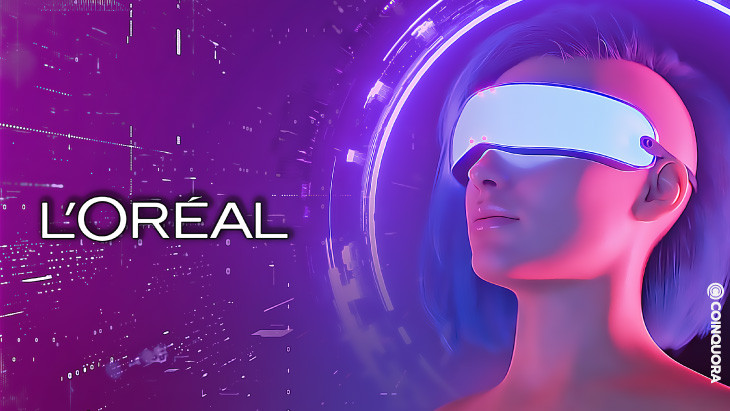L’Oreal becomes the newest among many clothing and beauty brands to foray into the metaverse. So far, the cosmetics enterprise has filed 17 individual patents relating to NFTs and the metaverse.
The fashion conglomerate is also planning to offer virtual versions of its cosmetics in the metaverse. This will include skincare, haircare, perfumes, in addition to other services.
This project will involve brands such as Kiehl’s, Maybelline, Pureology, Urban Decay, Essie, and Redken. Each of these brands will be adopting different specifications according to what would best suit its target audience. The French cosmetics giant aims to make it possible for users to purchase, sell and trade all of their virtual cosmetics.
Other moves in this direction include involving women in NFT creation. In December of last year, L’Oreal Paris USA commissioned five female artists to create NFTs to elevate women’s participation in the sector. The beauty brand stated in a tweet that all the artists would retain 100% of primary sales.
In December, @LOrealParisUSA commissioned 5 female artists to create #NFTs, to elevate women’s participation in a male-dominated sector. The artists retained 100% of primary sales. https://t.co/5llzyWh83t
— L’Oréal USA (@LOrealUSA) February 2, 2022
Last year, P&G Beauty had moved into the metaverse by launching BeautySphere. This is the Procter & Gamble beauty division’s virtual world. Global brands such as Givenchy, Gucci Beauty, and Nars are also conducting their own experimentations within the virtual world.
With fashion brands embracing the metaverse, it is clear that the metaverse is here to stay — and grow. Gartner had predicted earlier this year that 25% of the world’s population will spend at least one hour per day in the metaverse by 2026. With quarantine and social distancing becoming a part of our everyday lives, this shift to the metaverse seems inevitable.
